The Summer I Turned Pretty Season 3 Ending Explained: It is one of those shows which you either love or hate, but at the same time can’t stop ignoring, as it brings that bit of spark in you. Whether you were Team Jeremiah, Team Conrad, Team Belly or just generally anti-Belly for legitimate reasons, one fact remains: the show had all of our heart and soul invested throughout its seasons. And now, with its concluding chapter laid to rest, here are a few of the weighty dilemmas we were all so excited for them to fix.
Based on Jenny Han’s best-selling books, she serves as the showrunner and executive producer of in addition to Lola Tung, Christopher Briney, Gavin Casalegno, Sean Kaufman, Jackie Chung and Rachel Blanchard, among others are set to star in the Prime Video series. And they all were part of the awkward, loving, tear-jerking love saga that has itself inspired feuds among fandoms.
The third season of The Summer I Turned Pretty begins with Belly entering the summer as not a nervous girl like when we first glimpsed her, but as Jeremiah’s girlfriend, who is trying to imagine some sense of certainty in her future where he is concerned. From their estrangement grows a promise of new beginnings, but it shatters when cracks are discovered beneath the surface of their relationship: old skeletons from Jeremiah’s past come to light, and Belly must cope with betrayal she never saw coming.
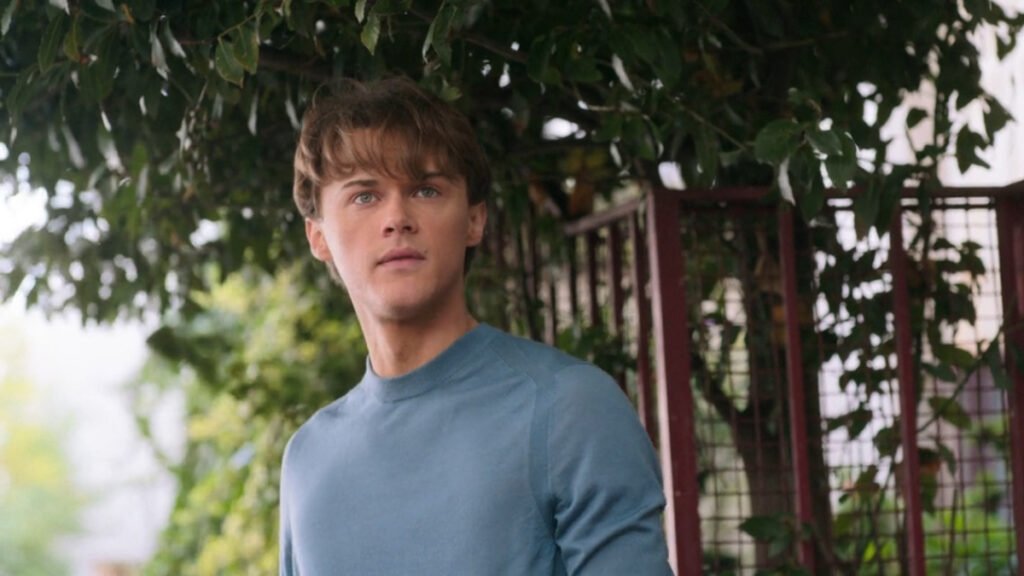
But as they both make the latest in a string of mistakes, Charlie and Ambrose become more smeared into one entity — only to be separated again when tragedy strikes their friends, sending them back to the tangle of love, loyalties and family at Cousins Beach. In a tear-filled scene, Jeremiah gets down on his knee in a whirlwind and proposes to the Belly, who accepts him despite causing summer-long tension and hate among the families, with Conrad also returning to Belly’s life. When old flames confront adult realities, Season 3 wastes no time alerting us that this summer would test every bond.
The Summer I Turned Pretty Season 3 Ending Explained
Why Did Belly and Jeremiah Call off the Wedding?
Belly and Jeremiah’s wedding plan did not work because the bedrock of their relationship was not reality but healing and ease. By both having been connected to the grieving for losing Susannah, they shared that the Kith and Kin connection, which meant growing deeper, was a natural process. But on wedding days and rehearsals before marriage was an indication that her love with Conrad never quite dissipated from Belly.
Jeremiah can brood, too: every glance, every silence of a moment when the mood seemed more than to feel his brother’s name changed moods. On some level, he knew that she did love his brother, something she could not honestly deny if someone asked her. And that unspoken pressure would leave their marriage forever in the shadow of Conrad.

He’s got feelings too, as he was emotionally shattered when he discovered that Belly’s decision wasn’t as black-and-white as she led him to believe. She did love Jeremiah, too; she loved him with all her heart, of course, but there was a piece of it still given to Conrad that Jeremiah couldn’t settle for in marriage. To him, being “the one she chose” did not seem good enough if it meant always running second to his brother’s ghost in Belly’s heart.
Belly had known herself that to marry Jeremiah in order not to have her heart be open to Conrad would be a wrong to them both. That which they shared with each other was true, but it wasn’t a love to conquer with truth up to a point. Call off the wedding wasn’t so much about Conrad alone as it was about understanding if love with ambiguity, with an unhindered freedom from ghostly regrets, could possibly make for a fulfilling emotional experience.
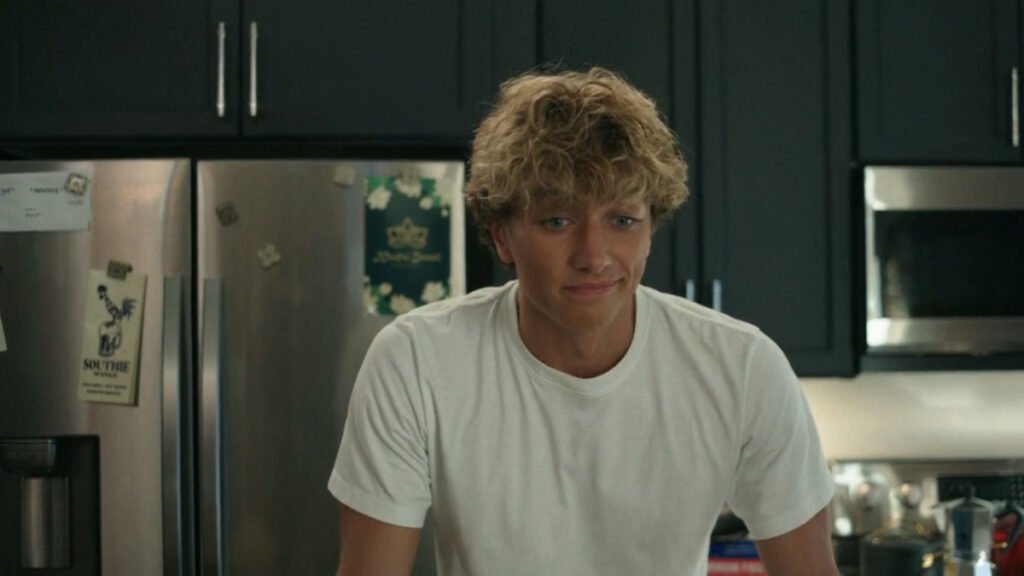
Do Steven and Taylor End Up Together?
Steven and Taylor did end up together, but their love is extra-sweet because it’s inspired by everyone else’s disaster. “Starstruck” was the definition of low stakes, not in a bad way but in an all too real one: It was about steadiness, and integrity, and only finally allowing themselves to say something they both knew anyway for a long time.
Taylor is always the one to turn up for folks who matter to her (even if it kills her), and Steven noted that he’s seen this kind of lived-in loyalty from Taylor in everyone but him, much less even believe or be curious enough to ask whether she ever emotionally operated like that for him. When she finally admits that she can and will try, and wants to, it’s a turning point: this relationship is no longer a “what if”, but an actual pursuit by the two of them.
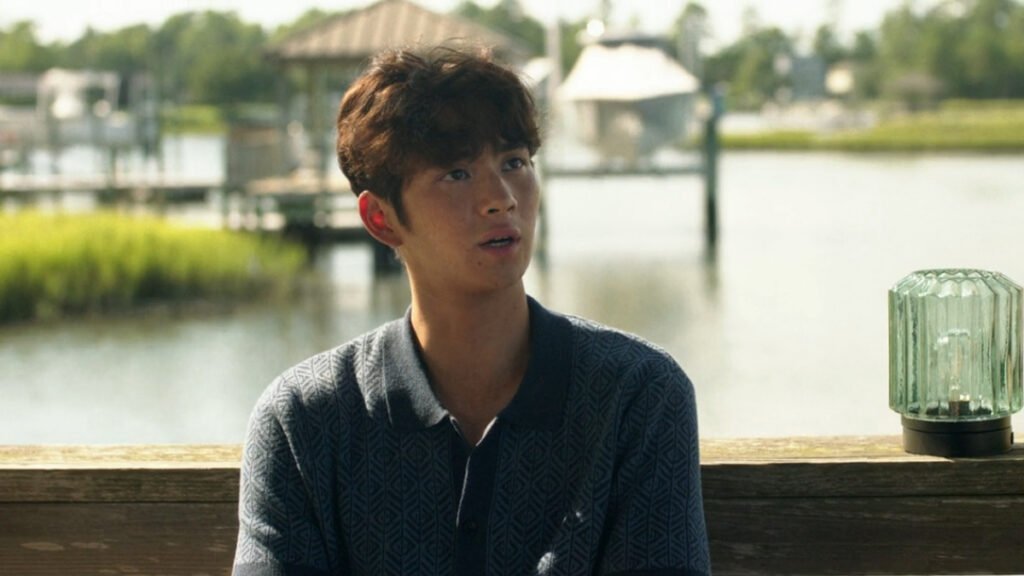
Emotionally, their relationship still packs a punch because they’re well-matched in ways that feel real. Steven, who can retreat behind sarcasm or Belly’s older-brother caretaker mode, simply finds, in Taylor, a kindred human who will not give him a free pass but thinks he is worth something. Taylor, who tends to buffer herself with men, opens up to Steven because she’s realised he’s more than just a temporary obsession: He is someone who gets used to her and pokes at her without driving her away.
In coming to terms with each other, fireworks surrender to reassurance: yes, they’re going to fight, yes, they will fail and fall short of expectations, but they are choosing one another all the same. In a season that has been all about breakups, all about uncertainty, all about lingering loyalties, their choice to be with each other is a declaration of definition and hope.
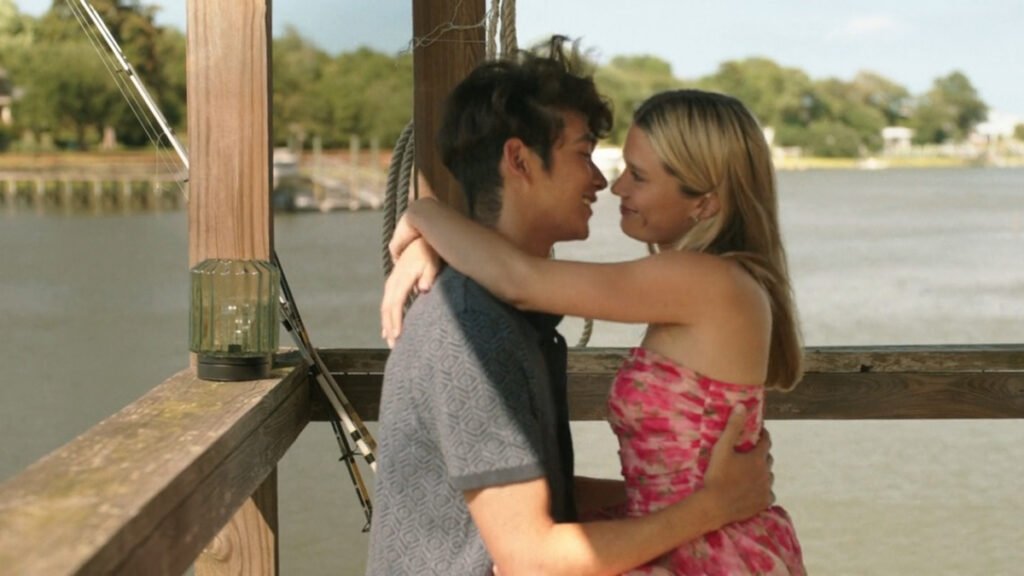
Did Belly and Conrad Get Their Happy Ending?
Yes, although it wasn’t that tidy fairytale happy ending. Belly’s drive with Conrad for a lot of the finale has been one of self-doubt, longing and second-guessing, but you know what? That makes their making up more believable. Belly had built another life in Paris as someone who could get past Conrad, but knowing that small empowerment only made her feel stronger. But then Conrad appeared, and that feeling they had buried was ripped back open and irreversible.
Their dance, their conversation, even that tug-your-hairs-out give-and-take? These proved beyond a shadow of doubt that, as much as they fought to live their lives separately from each other, their stories were inescapably linked. Belly’s picking Conrad at the station was not so much about love as it was coming to terms with what she believes is already a done deal. She dropped her need to flee reality once and for all: Conrad is forever, but she was ready to say that even if it felt “like terrifying herself to death.”
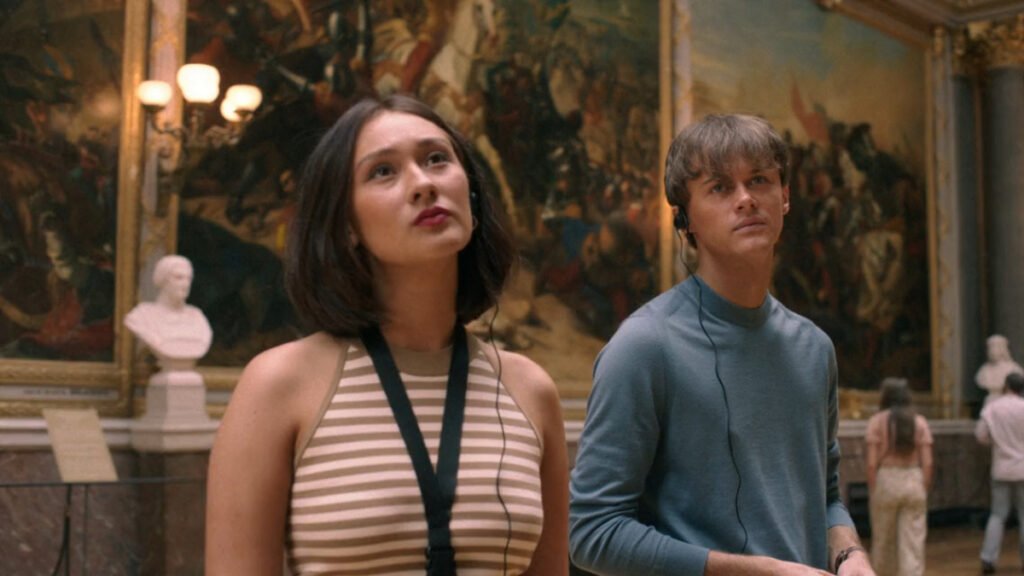
If they’re lucky, their resolution is bittersweet — it accounts for harm caused, injustices perpetrated, estrangement, but also gives them permission to choose each other one more time with eyes wide open and hearts grown wiser. They don’t get to return to their hot summers of love, but they do get to start anew as adults who have weathered experience and yet still circled round each other. And that’s what I love — it’s just so fully earned.
What Happened to Jeremiah at the End of The Summer I Turned Pretty Season 3?
Jeremiah’s ending is low-key but no less significant. For most of the series, he paid a price for his place as the “second choice,” being the passionately-in-love but never-ever-again-chosen guy. Instead of desperately fighting to keep Belly or resenting Conrad for having taken her, in the final episode, he came into his own. Although it’s not immune to vintage stereotypes (a man must be the breadwinner and conquer a woman of his dreams), we see him excel as a chef, full of passion for stepping into his purpose and even opening up to new love with Denise.
And the best part is, Jeremiah’s joy for the first time ever doesn’t have to do with outdoing Conrad or trying to make Belly turn her head and notice: it’s about him, his choices, and being valued most by someone else when Adam says how much he admires him. It was the one point of acceptance Jere had pined for, his ever-elusive holy grail, and it helped him to unburden a little bit of the pain he carried.
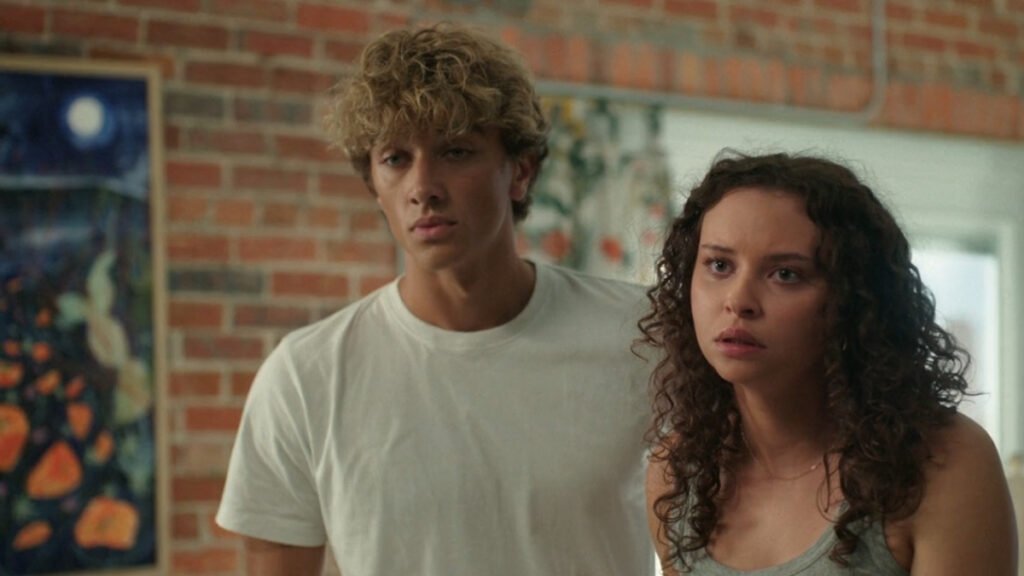
So even if Jeremiah does lose Belly, he’s won something equally mighty: peace. He winds back up loved, honoured, and not dying of a broken heart. He didn’t “lose” to Conrad; he found himself. In so many ways, his progression is the healthiest of all on display because it shows that, romantic or not, a conclusion doesn’t have to be unfinished.
